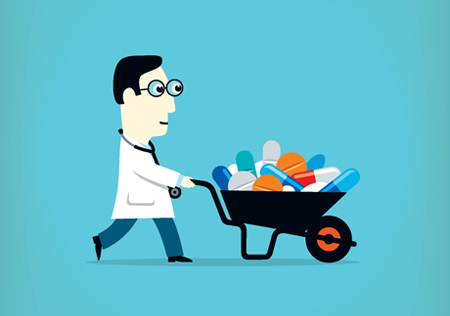Most of the elderly population relies on medication or medical devices of some type. It may be syringes for insulin. Or it could be blood pressure or pain medication. In addition, medical needs change as people age. Regardless, the proper disposal of medications and medical devices that are no longer needed is essential.
Drug Watch outlines the guidelines for proper medication disposal. However, it is important to note that different things require different disposal methods. Here are a few basics to help keep yourself and others safe.
Certain medications can be safely disposed of at home. But a general rule of thumb is to not throw your medications in the trash. This includes syringes, inhalers, pills, and other supplies. In addition, needles should always be disposed of in a designated sharps disposal container.
Accidental overdoses can occur when medications are thrown into the trash. This could be dangerous and even fatal to children, pets and others if they get exposure to it. Also, harm to the environment can occur when medications are poured down the drain.
The U.S. Drug Enforcement Agency (DEA) sometimes offers locations and events where you can bring unwanted devices and medications to be properly discarded of. Check out the DEA website to see where and when these events take place for medication disposal. Another great resource are pharmacists. Consider asking them when you have a question about the disposal of a specific medication or device. You can also call your local police department or pharmacy. They likely have a place for medication disposal or can direct you to one.



It’s extremely important that everyone knows how to dispose of pills properly. You can’t just through them away.